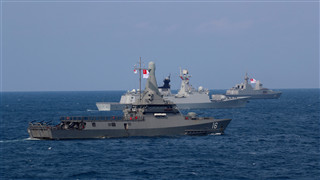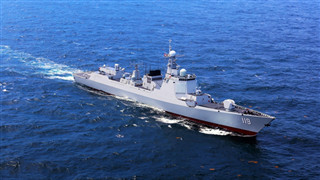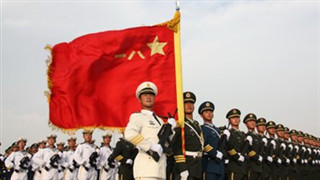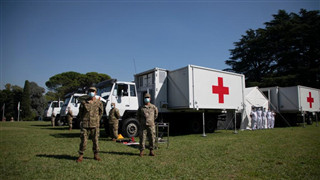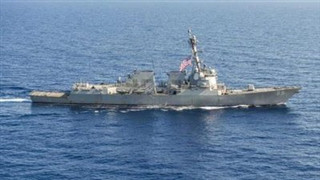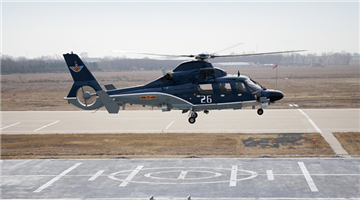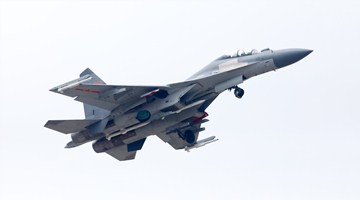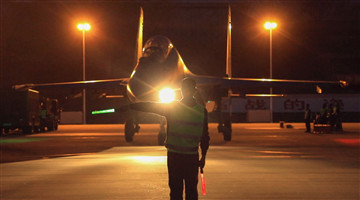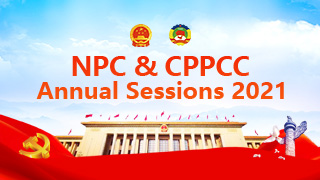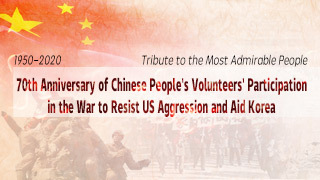BEIJING, Mar.4 -- The fourth session of the 13th National Committee of the Chinese People's Political Consultative Conference (CPPCC) kicked off at the Great Hall of the People in Beijing on the afternoon of March 4, officially convening China's annual "two sessions", namely the National People’s Congress (NPC) and the CPPCC. The military deputies to the NPC and members of the CPPCC will put forward opinions and suggestions on a number of issues about national defense and army building that have drawn wide attention from the service members.
To improve relevant policies and systems for the transfer and resettlement of wounded, sick and disabled service members
NPC Deputy Major Sha Zixia, a battalion commander of an engineering brigade under the PLA Rocket Force, said that his troops work all year round in the plateau, Gobi and remote mountain areas where dangerous situations happen from time to time. Improving systems for the transfer and resettlement of injured and disabled service members has therefore been a topic of his long-term concern. He believes that the policies and systems still need to be improved on the current handover works. So he visited local ethnic minority groups and various locations and sorted out the suggestions to submit.
To improve the joint military-civilian pandemic prevention and control mechanism
The military has actively participated in the prevention and control of the COVID-19 pandemic over the past year, jointly working with people across the country to overcome difficulties.
NPC Deputy Colonel Liang Jiantao, a senior engineer at a brigade under the PLA Rocket Force, made the development of the military-civilian pandemic prevention and control mechanism as the main content of her speech this year. She said that the military and local governments should regularly carry out the protection technology exchanges and cooperation, so as to ensure the capability to respond to emergencies.
To perfect the preferential education system for military children
The difficulty for children of military personnel stationed in remote and underdeveloped areas to receive high-quality education has always been prominent.
NPC Deputy Gu Qingyue, a teacher at the PLA Air Force Engineering University, suggested coordinating military and civilian resources to accommodate education fairness, improving the preferential treatment system for military children’s education and ensuring the implementation of the preferential policy.
CPPCC Member Man Kaihong, a professor at the PLA Army Armored Forces Academy, suggested in the proposal that the advantages of local educational resources should be used to enroll qualified children of military personnel stationed in remote and underdeveloped areas through the establishment of customized schools or classes for them.
To incite rural revitalization in ethnic areas through military-civilian cooperation
During years of military-civilian cooperation in poverty alleviation, NPC Deputy Master Sergeant Zhou Fenglin assigned to a regiment under the PLA Rocket Force found that the development of characteristic agricultural and sideline products by local residents was restricted by factors such as information sources and sales channels.
He has accumulated a large amount of first-hand information, revised and improved suggestions on strengthening military-civilian cooperation to promote rural revitalization in ethnic areas.
